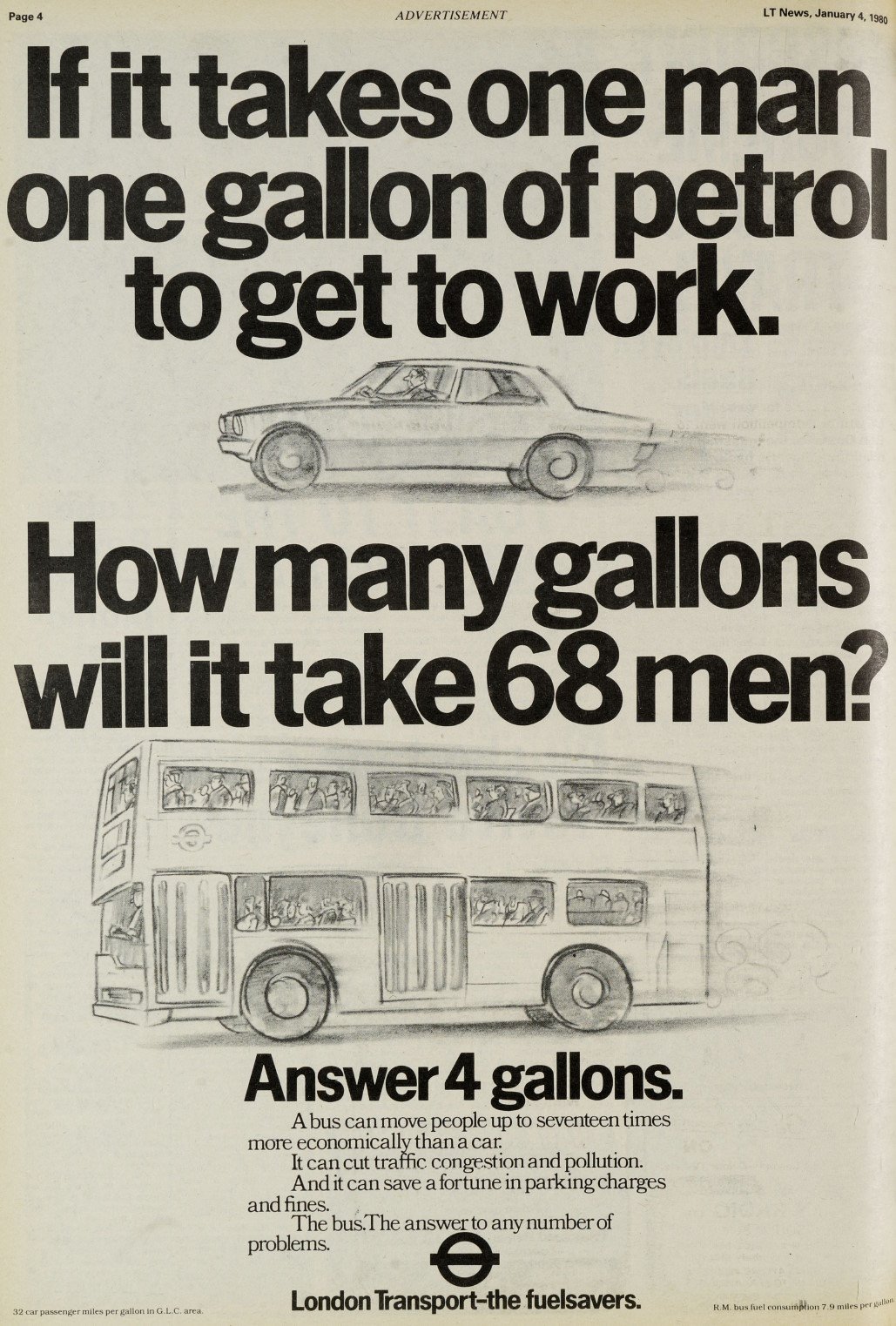Fuck Cars
A place to discuss problems of car centric infrastructure or how it hurts us all. Let's explore the bad world of Cars!
Rules
1. Be Civil
You may not agree on ideas, but please do not be needlessly rude or insulting to other people in this community.
2. No hate speech
Don't discriminate or disparage people on the basis of sex, gender, race, ethnicity, nationality, religion, or sexuality.
3. Don't harass people
Don't follow people you disagree with into multiple threads or into PMs to insult, disparage, or otherwise attack them. And certainly don't doxx any non-public figures.
4. Stay on topic
This community is about cars, their externalities in society, car-dependency, and solutions to these.
5. No reposts
Do not repost content that has already been posted in this community.
Moderator discretion will be used to judge reports with regard to the above rules.
Posting Guidelines
In the absence of a flair system on lemmy yet, let’s try to make it easier to scan through posts by type in here by using tags:
- [meta] for discussions/suggestions about this community itself
- [article] for news articles
- [blog] for any blog-style content
- [video] for video resources
- [academic] for academic studies and sources
- [discussion] for text post questions, rants, and/or discussions
- [meme] for memes
- [image] for any non-meme images
- [misc] for anything that doesn’t fall cleanly into any of the other categories
Recommended communities:
view the rest of the comments

The correct answer actually should -and could- be 0 gallons if they simply cycle to work. Granted, that requires them to have the right infrastructure available, but if (once) that existed, the vast majority of the work force could cycle to work happily. Most people don't live 20 miles or more from where they work
Sure, I'd love to cycle 56km to and from work each day. Especially right after a night shift.
We should just invent portals already.
56 kms is far, indeed. Thsts what you make public transportation for. Trains, busses.
Well done, the would be more comfortable and faster than a car.
However, I did 25 kms to and from every day. Took me 45 minutes and it was super healthy
45 minutes is a long time near nightfall, though... Honestly I'd rather take a bus at 5PM, even at 12km, since there are other people and it feels much safer.
It could also be 0 gallons if the busses are electrified, or if the rail system is expanded, or if we stop pushing office workers to commute every day.
There are many routes to 0 emissions.
Oh sure.
I'm just sayjt that we need to change the way we live. Like you said, people should not be required to work in offices anymore. If they physically need to be at locations, let them walk for short distances, cycle for medium distances and use public transportation for large distances.
Most cities in the world have been redesigned over the past 80 years for cars. It's insane and it left most cities awful places to live in. Almost all Dutch cities have been redesigned for people. So people walk and cycle because they can, and the cities look and feel amazing and beautiful.
How many gallons does the ambulance take to get the cyclist to the hospital after the hit and run?
(Seriously tho bicycles ftw except in winter)
Less, probably, because cycling in on itself is safer than driving a car. Lower speeds, less mass, less injuries.
Also, winter cycling.is awesome
I was being facetious; ambulance fuel use is a silly comparison :)
Listening to all y'all winter cyclists I lament that I live in a city where the bike lanes are where the city piles up the snow it plows off the car lanes on the streets. RIP me. It gives me hope and happiness to know that there are cities that don't do this!